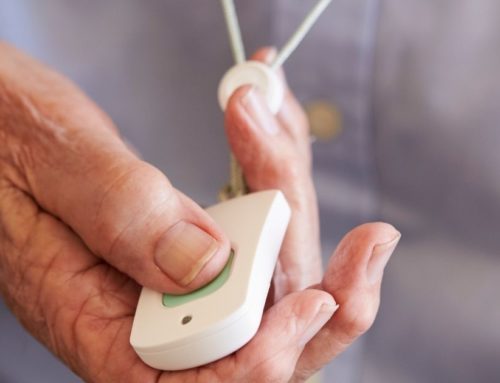The extent of elder financial exploitation is alarming. CNBC has reported that seniors in the U.S. are scammed out of anywhere from $3 billion to $37 billion per year. In addition, the U.S. Consumer Financial Bureau reports that those over age 70 lost an average of $41,800 to elder financial exploitation.
How can you know if there is fraudulent activity happening to the senior in your life? There are warning signs for you to look for that can stop the abuse from continuing, and allow you to potentially put the culprit behind bars.
Ten Warning Signs of Potential Elder Financial Abuse:
- Unusual activity in bank accounts, primarily frequent unexplained withdrawals of large amounts of money.
- A new joint account being opened up.
- Unusual credit card activity and balances appearing.
- The appearance of new “best friends” that are accompanying your senior to the bank.
- Sudden insufficient funds activity in a checking account.
- Unpaid bills.
- CD’s being cashed-in or savings accounts being closed.
- Forgery of signatures on checks.
- Bank and credit card statements no longer being mailed to your loved one’s home.
- New credit cards being taken out in the senior’s name.
Fortunately, there are ways that you can avoid elder financial fraud. They can sometimes be tricky to navigate because they may involve taking away some of the financial independence of the elder. Here are some tips on avoiding financial fraud:
Add Your Name to Their Financial Accounts
Telling them that you’re going to be adding your name to their checking account may cause them concern. Explaining to them that you’re doing it because you care and want to protect them can go a long way towards their acceptance of the situation. Having a financial power of attorney is a smart legal move.
Be Alert to Changes in Financial Accounts
Make sure you are reviewing account statements each month and, if necessary, are having them sent directly to you.
Keep Up to Date on Local and National Scams
Local newspapers and news broadcasts frequently have reports on scams being perpetrated in your area. Publications by organizations like AARP also have helpful information on scam alerts and prevention, as do websites like consumer.ftc.gov.
Teach Them to Be More Internet Savvy
Many seniors are now active on the Internet. Help them learn not to click on links in e-mail and avoid contact by unknown people on social media. Advise them never to give out their social security number to anyone, or their banking information, unless they’ve initiated a purchase.
Communicate With Them
If you are talking regularly, they may very well tell you about purchases they’ve made or new friends that are helping them with their financial matters.
If you suspect financial abuse, report it immediately to your local police. They should investigate it and report it to the district attorney if needed.
Help at Home has been providing personalized home care to seniors and their families in the Maryland, Virginia, and Washington, DC Metropolitan area for over 20 years. Our team of compassionate caregivers can assist with meeting the daily needs of the senior in your life. To learn more, visit us online at: www.helpathome.com to schedule a FREE in-home consultation today.


